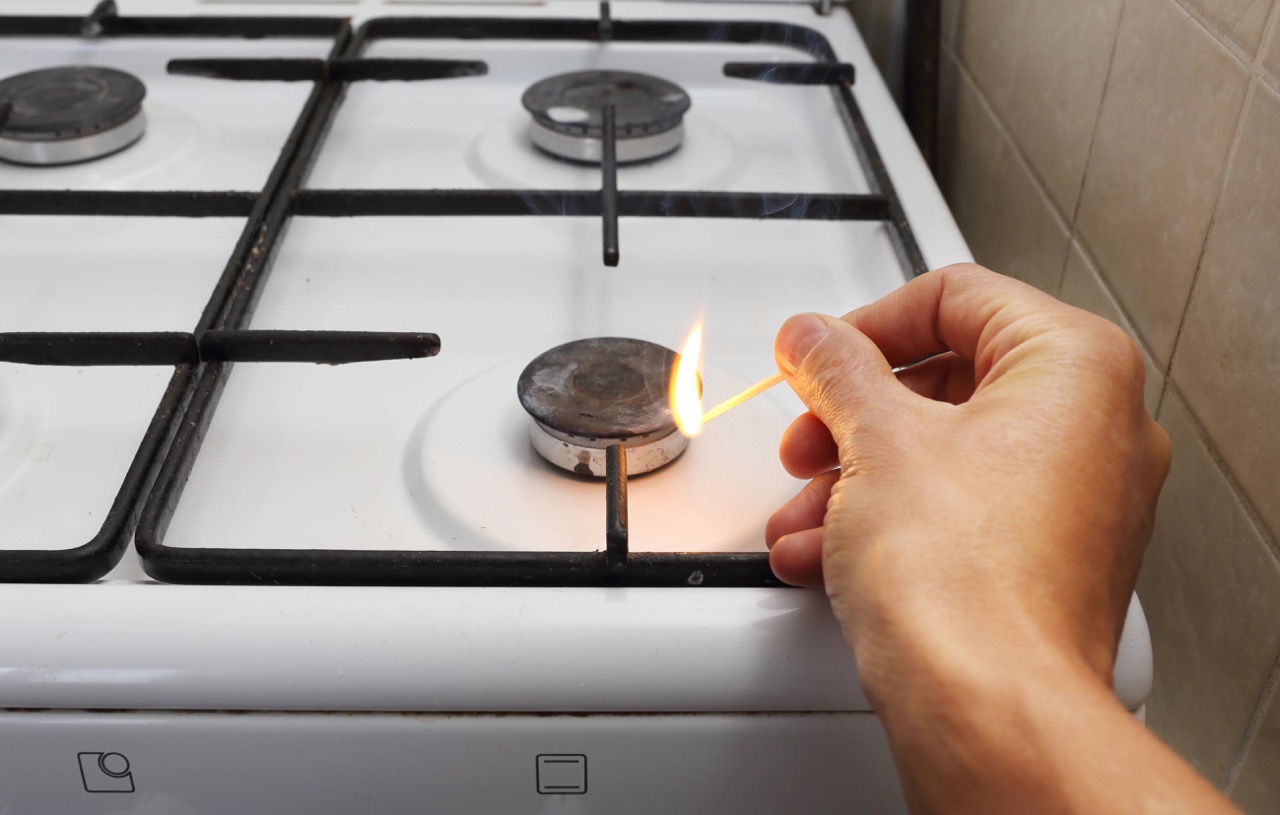

Articles
Why Is My Stove Top Working But Not My Oven
Modified: March 1, 2024
Discover the reasons why your stove top may be functioning properly while your oven is not working. Read our informative articles for troubleshooting tips and solutions.
(Many of the links in this article redirect to a specific reviewed product. Your purchase of these products through affiliate links helps to generate commission for Storables.com, at no extra cost. Learn more)
Introduction
There’s nothing quite as frustrating as when your stove top is fully functional, but your oven refuses to cooperate. Whether you’re planning a big family dinner or just craving a homemade pizza, a malfunctioning oven can throw a wrench into your culinary plans.
Before you start panicking or calling for professional help, it’s important to understand that there can be several reasons why your oven is not working. In this article, we’ll explore the possible causes and provide troubleshooting tips to help you get your oven back up and running.
From faulty heating elements to electrical issues, a non-functioning oven can be caused by various factors. By identifying the problem and taking the necessary steps, you might be able to avoid expensive repairs or even the need for a new oven altogether.
So, without further ado, let’s dive into the possible causes of your oven not working and explore the solutions that could save the day.
Key Takeaways:
- Troubleshooting your oven before seeking professional help can save you time and money. Check for common issues like faulty heating elements and tripped circuit breakers to potentially resolve the problem without costly repairs.
- When deciding between oven repair and replacement, consider factors such as repair costs, age of the oven, and energy efficiency. Consulting a professional technician can provide valuable insight to help you make an informed decision.
Read more: Why Is One Of My Stove Burners Not Working
Possible Causes of Oven Not Working
When your oven refuses to heat up or doesn’t maintain the desired temperature, it can be frustrating and confusing. Here are a few possible causes to consider when troubleshooting why your oven is not working:
- Faulty heating element: One of the most common reasons for an oven not working is a defective heating element. Over time, these elements can wear out or break, resulting in uneven heating or no heat at all. If the element is visibly damaged or doesn’t glow red when the oven is turned on, it’s likely in need of replacement.
- Tripped circuit breaker: Sometimes, a simple solution can solve the problem. Check if the oven is getting power by ensuring the circuit breaker hasn’t tripped. If it has, flip the breaker back on and see if the oven starts working again.
- Malfunctioning thermostat: The thermostat plays a crucial role in regulating the oven’s temperature. If it’s faulty or inaccurate, the oven may not heat up properly or at all. Consider recalibrating the thermostat or replacing it to resolve the issue.
- Electronic control board issues: Modern ovens often have electronic control boards that manage various functions. If the control board is defective, it could prevent the oven from working. Look for any error codes on the display or consult the manufacturer for troubleshooting steps.
- Broken igniter: For gas ovens, a broken igniter can prevent the oven from heating up. The igniter is responsible for igniting the gas and creating the heat needed for cooking. If it’s not glowing or sparking, it’s likely the igniter needs to be replaced.
- Wiring problems: Faulty or damaged wiring can disrupt the electrical connection to the oven, leading to malfunctions. Inspect the wiring for any signs of damage or loose connections. If necessary, call a professional electrician to address the issue.
It’s important to note that these are just a few potential causes of a non-functioning oven. Depending on your specific oven model, there might be other factors that could be contributing to the problem. Consulting the manufacturer’s manual or reaching out to a professional technician can provide further guidance and assistance.
Troubleshooting the Oven
When your oven isn’t working, there are several troubleshooting steps you can take before calling in a professional. Here are some tips to help you diagnose and potentially resolve the issue:
- Check the power supply: Ensure that the oven is properly plugged in and that the power supply is working. Sometimes, a loose connection or a tripped circuit breaker can cause the oven to lose power.
- Confirm the settings: Double-check that you’ve set the oven to the correct temperature and cooking mode. Sometimes, accidentally selecting the wrong settings can cause the oven to appear non-functional.
- Inspect the heating elements: If your oven has visible heating elements, examine them for any signs of damage or burning. Replace any faulty elements to restore proper heating.
- Test the thermostat: Use an oven thermometer to check if the oven’s temperature matches the set temperature. If there’s a significant difference, the thermostat may need recalibration or replacement.
- Clean the oven: Built-up grease and debris can affect the oven’s performance. Regularly clean the interior of the oven, including the racks and the cavity, to ensure optimal heat distribution.
- Inspect the igniter: If you have a gas oven, check if the igniter is glowing or sparking when the oven is turned on. If it’s not, replace the igniter to allow for proper gas ignition.
- Reset the oven: If your oven has a reset function, try resetting it to see if that resolves the issue. Refer to the manufacturer’s manual for instructions on how to reset your specific oven model.
- Consult the manufacturer: If you’ve exhausted all troubleshooting steps and the oven still isn’t working, it’s time to reach out to the manufacturer for support. They can provide guidance or direct you to an authorized service center.
Remember, safety is paramount when troubleshooting your oven. Always ensure the oven is turned off and disconnected from the power source before attempting any repairs or inspections. If you’re unsure or uncomfortable with any step, it’s best to consult a professional technician.
By following these troubleshooting steps, you can potentially identify the cause of the issue and get your oven working again without the need for expensive repairs or replacements. However, if the problem persists or seems beyond your expertise, it’s advisable to seek professional assistance to accurately diagnose and fix the problem.
Check if the oven is getting power. If the stove top is working but not the oven, it could be a problem with the heating element, thermostat, or control board. Consult a professional for repair.
Oven Repair or Replacement Options
After conducting troubleshooting steps and determining that your oven requires further attention, you’ll need to consider your repair or replacement options. Here are some factors to consider when making this decision:
- Cost of repairs: Evaluate the estimated cost of repairing the oven versus the cost of purchasing a new one. If the repairs are minor and cost-effective, it might be worth repairing the oven to extend its lifespan.
- Age of the oven: Consider the age of the oven when deciding between repair or replacement. If the oven is nearing the end of its expected lifespan and has a history of frequent malfunctions, replacing it might be a more viable long-term solution.
- Availability of parts: Determine if the necessary replacement parts for your oven are readily available. Older models might have discontinued parts, making repairs more challenging or costly.
- Energy efficiency: Take into account the energy efficiency of your current oven. Newer models often come with advanced features and technologies that can significantly reduce energy consumption, potentially saving you money on utility bills in the long run.
- Warranty coverage: Check if your oven is still under warranty. If it is, repairs or replacements might be covered, reducing your out-of-pocket expenses.
- Personal preferences and needs: Consider your cooking habits, lifestyle, and specific needs. If you frequently use your oven for baking or cooking large meals, investing in a high-quality replacement oven might be a worthwhile choice.
Ultimately, the decision between oven repair and replacement depends on your specific circumstances. If the repair cost is reasonable and the oven is relatively new, repairing it is generally recommended. However, if the repair cost is high, the oven is outdated, or if you’re looking for improved energy efficiency and functionality, it might be best to invest in a new oven.
Before making a final decision, it’s beneficial to consult with a professional appliance technician. They can diagnose the problem, provide expert advice, and offer recommendations based on the condition and performance of your oven.
Remember, maintaining your oven properly and scheduling regular maintenance can help extend its lifespan and reduce the likelihood of future issues. Regular cleaning, avoiding excessive use of self-cleaning functions, and promptly addressing any minor malfunctions can contribute to the longevity of your oven.
Conclusion
Dealing with an oven that isn’t working can be frustrating, but with a little troubleshooting, you might be able to get it back up and running. By understanding the possible causes of your oven malfunctioning and following the appropriate steps, you can potentially resolve the issue without the need for costly repairs or replacements.
Remember to check for common culprits such as faulty heating elements, tripped circuit breakers, malfunctioning thermostats, or broken igniters. Taking the time to inspect and clean your oven regularly can also help prevent future malfunctions.
If your troubleshooting efforts don’t yield the desired results, it’s important to consider the age of your oven, the cost of repairs, and your specific needs. Sometimes, it’s more cost-effective and practical to invest in a new oven, especially if your current one is outdated or has a history of frequent issues.
Ultimately, the decision between oven repair and replacement is a personal one, and it depends on your unique circumstances. Consulting with a professional technician can provide valuable insight and guidance to help you make an informed decision.
By taking proper care of your oven, scheduling maintenance, and addressing issues promptly, you can ensure its longevity and enjoy hassle-free cooking for years to come.
So, don’t let a malfunctioning oven dampen your culinary adventures. Take the necessary steps to troubleshoot and address the problem, and get back to enjoying delicious meals prepared in your fully functional oven.
Frequently Asked Questions about Why Is My Stove Top Working But Not My Oven
Was this page helpful?
At Storables.com, we guarantee accurate and reliable information. Our content, validated by Expert Board Contributors, is crafted following stringent Editorial Policies. We're committed to providing you with well-researched, expert-backed insights for all your informational needs.
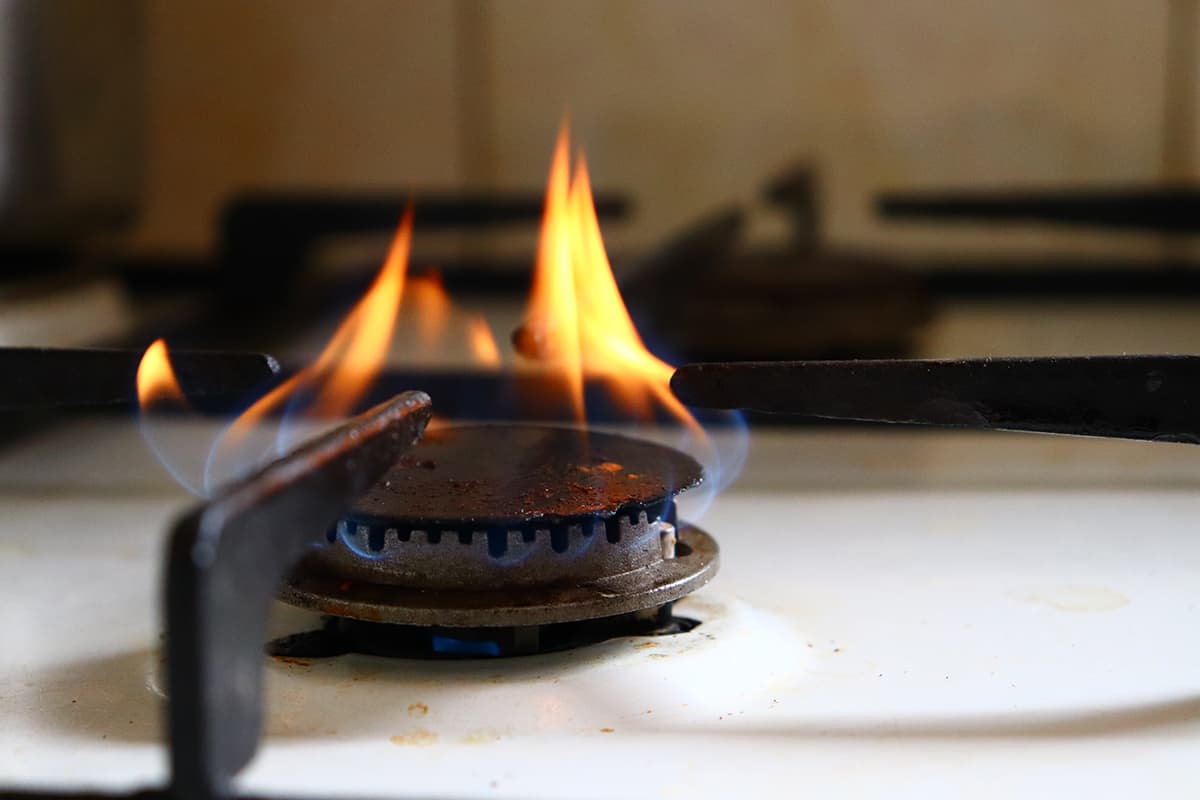
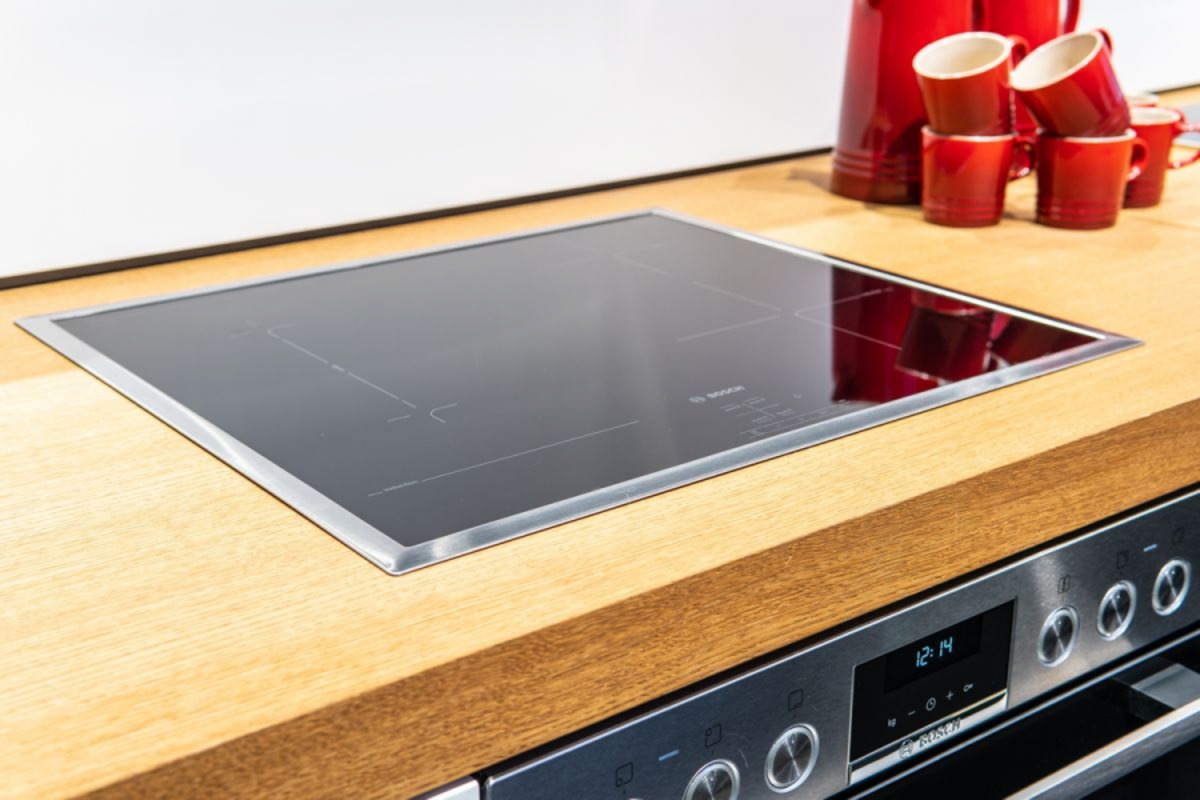
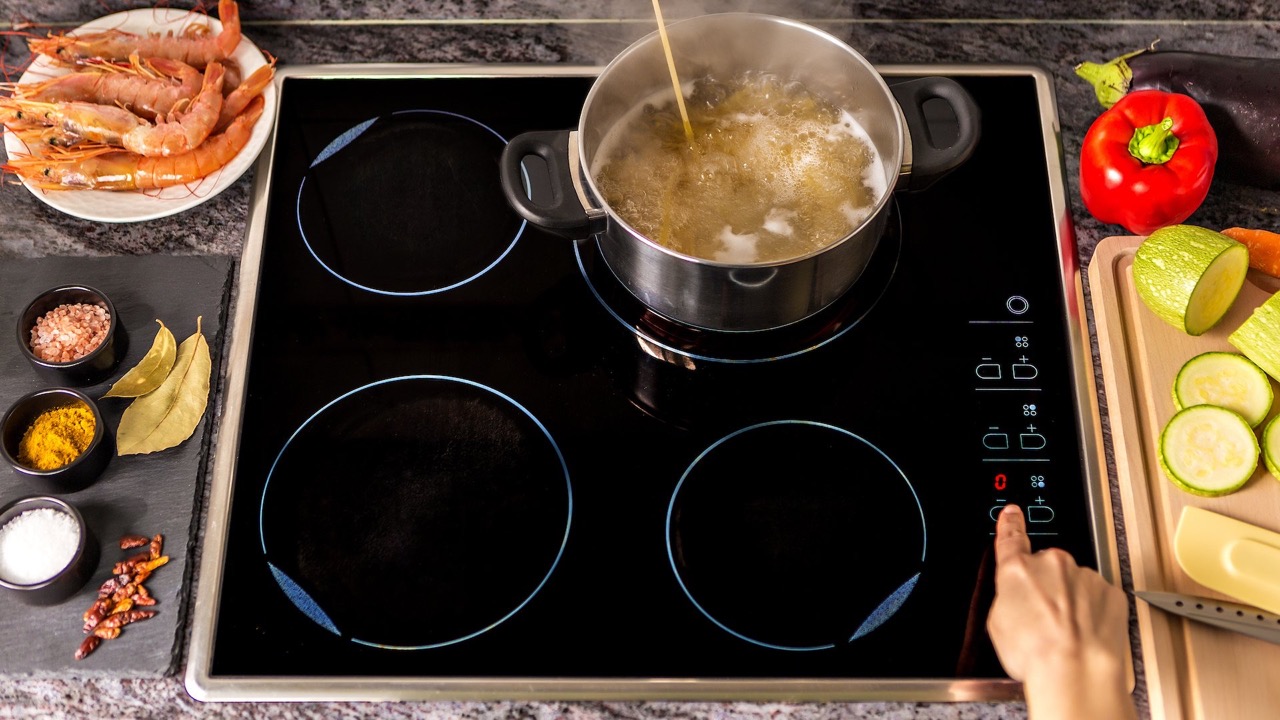
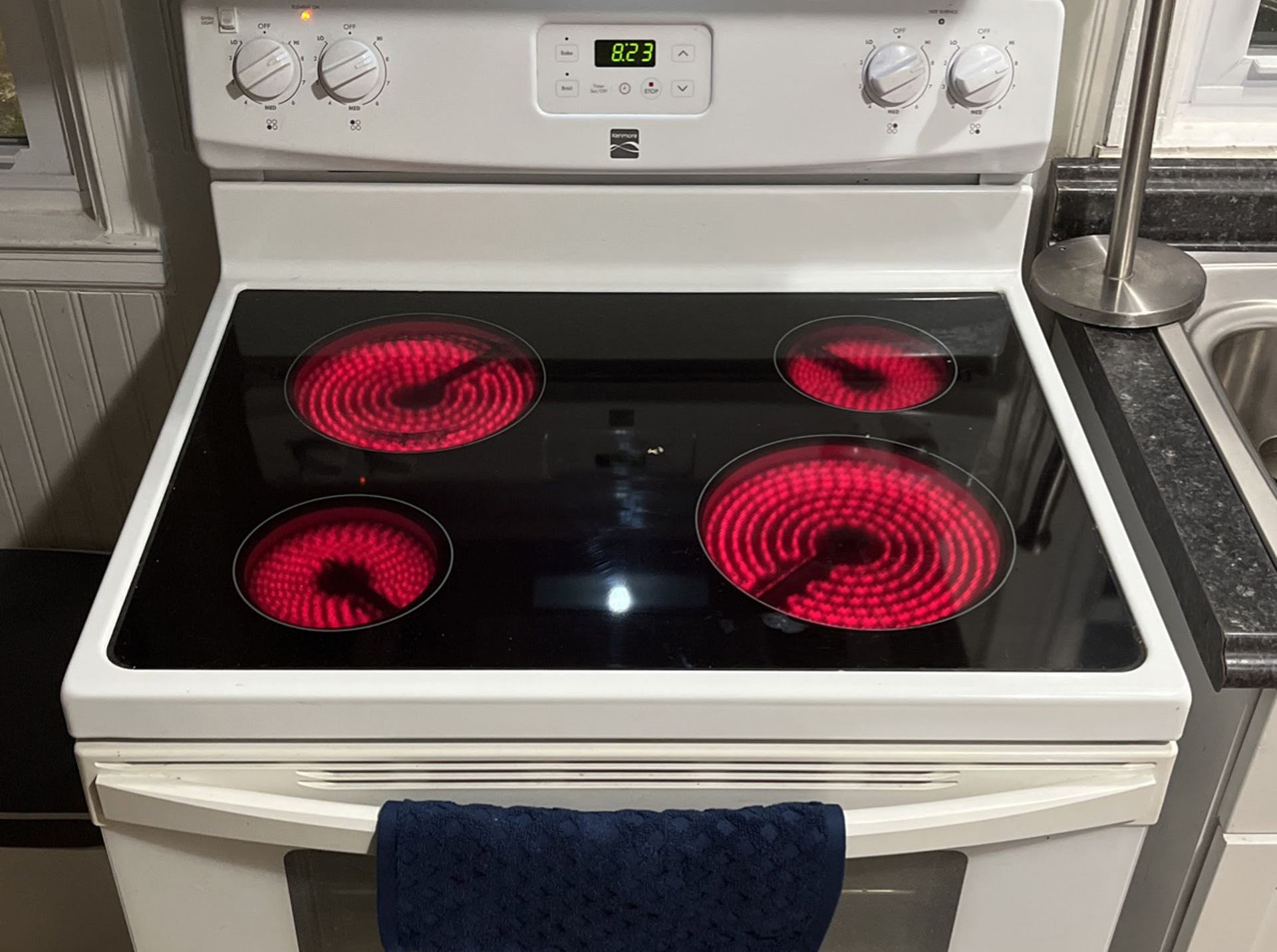
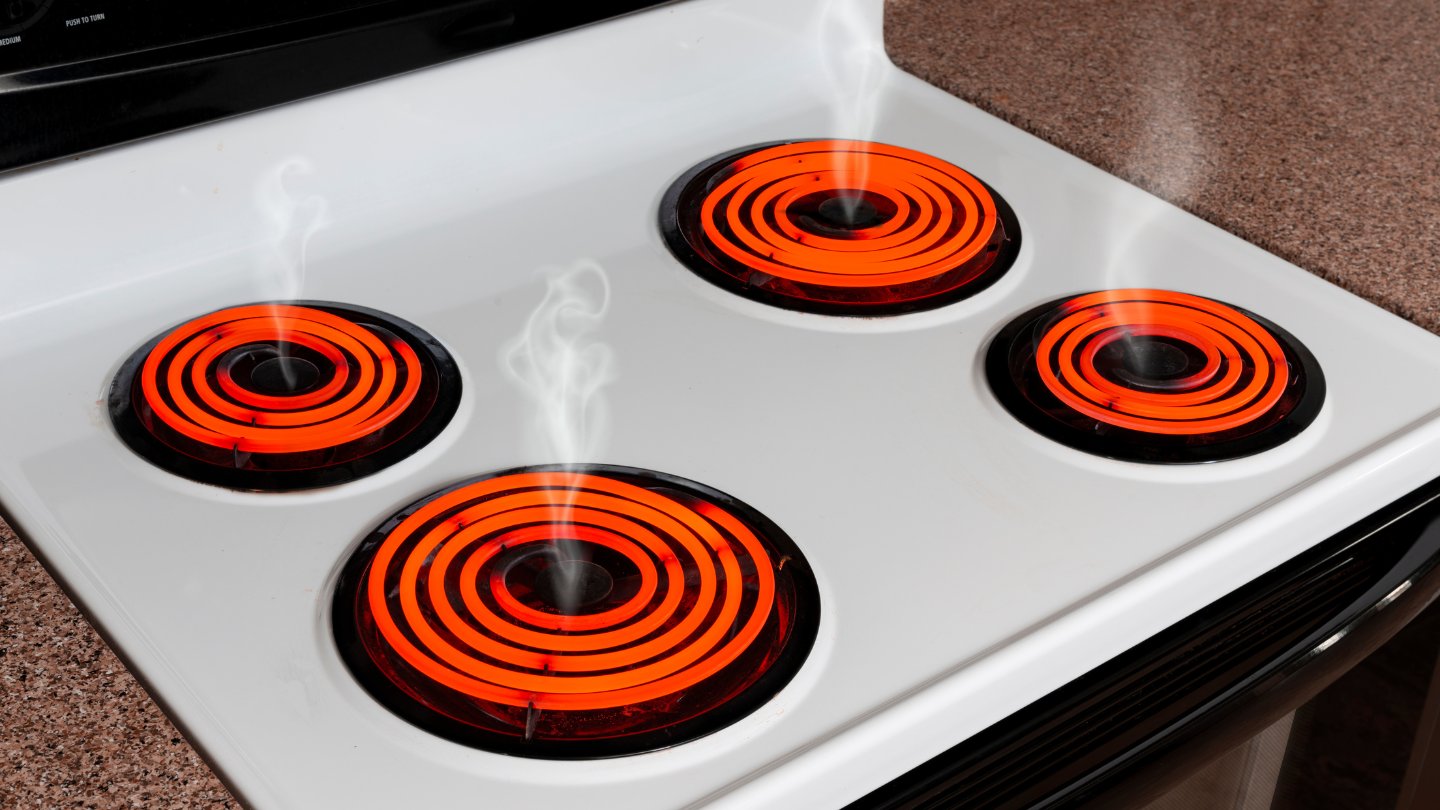
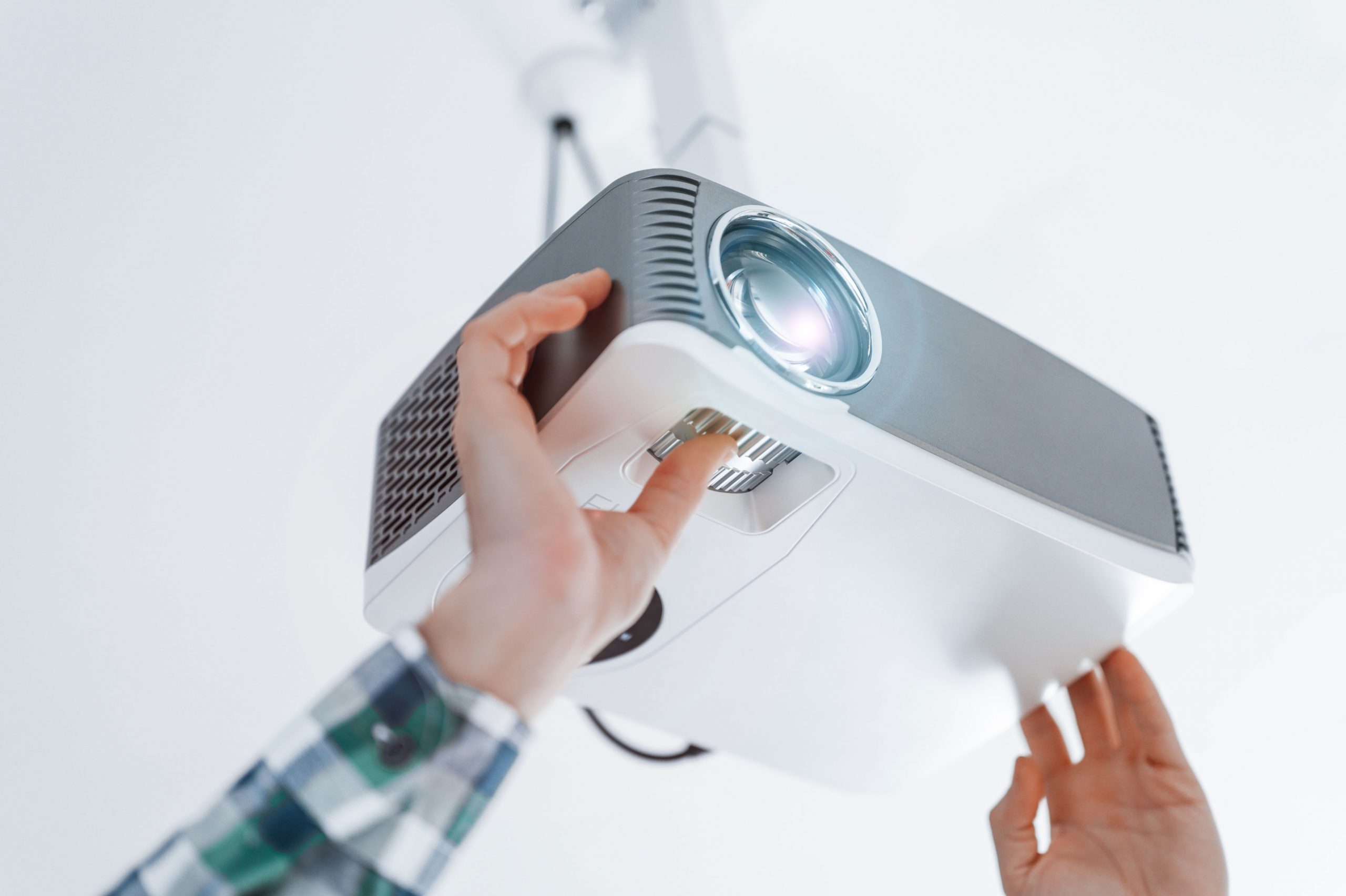

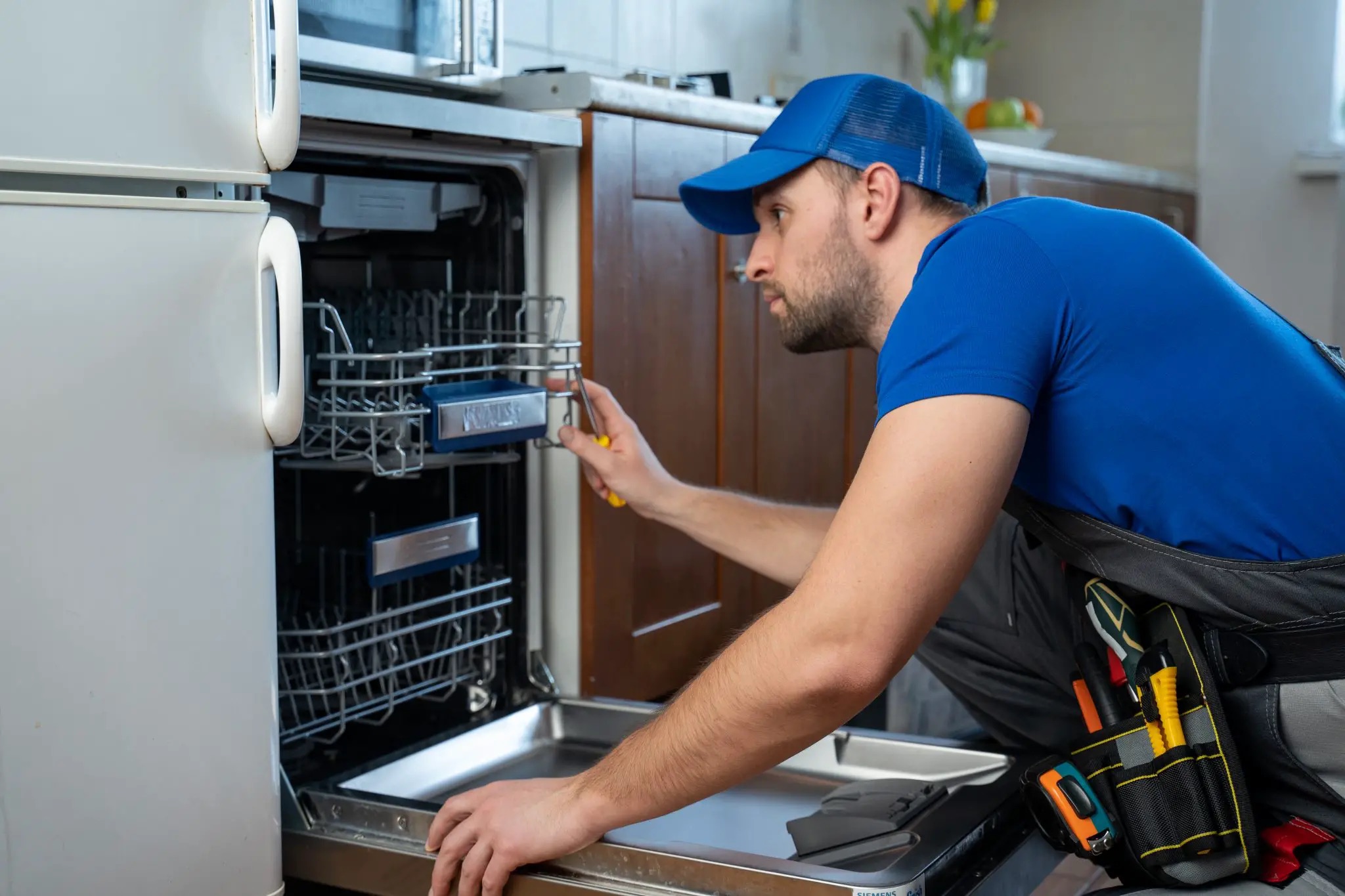
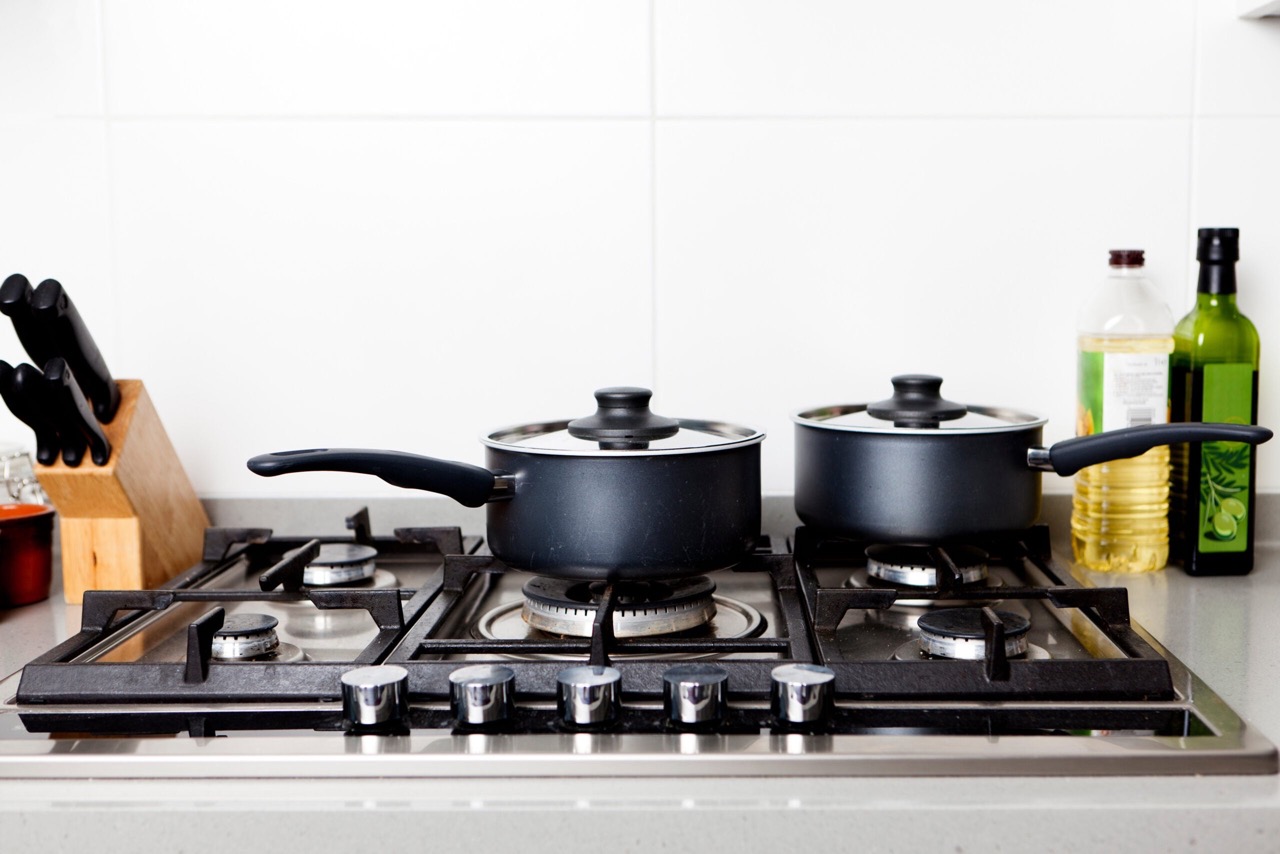
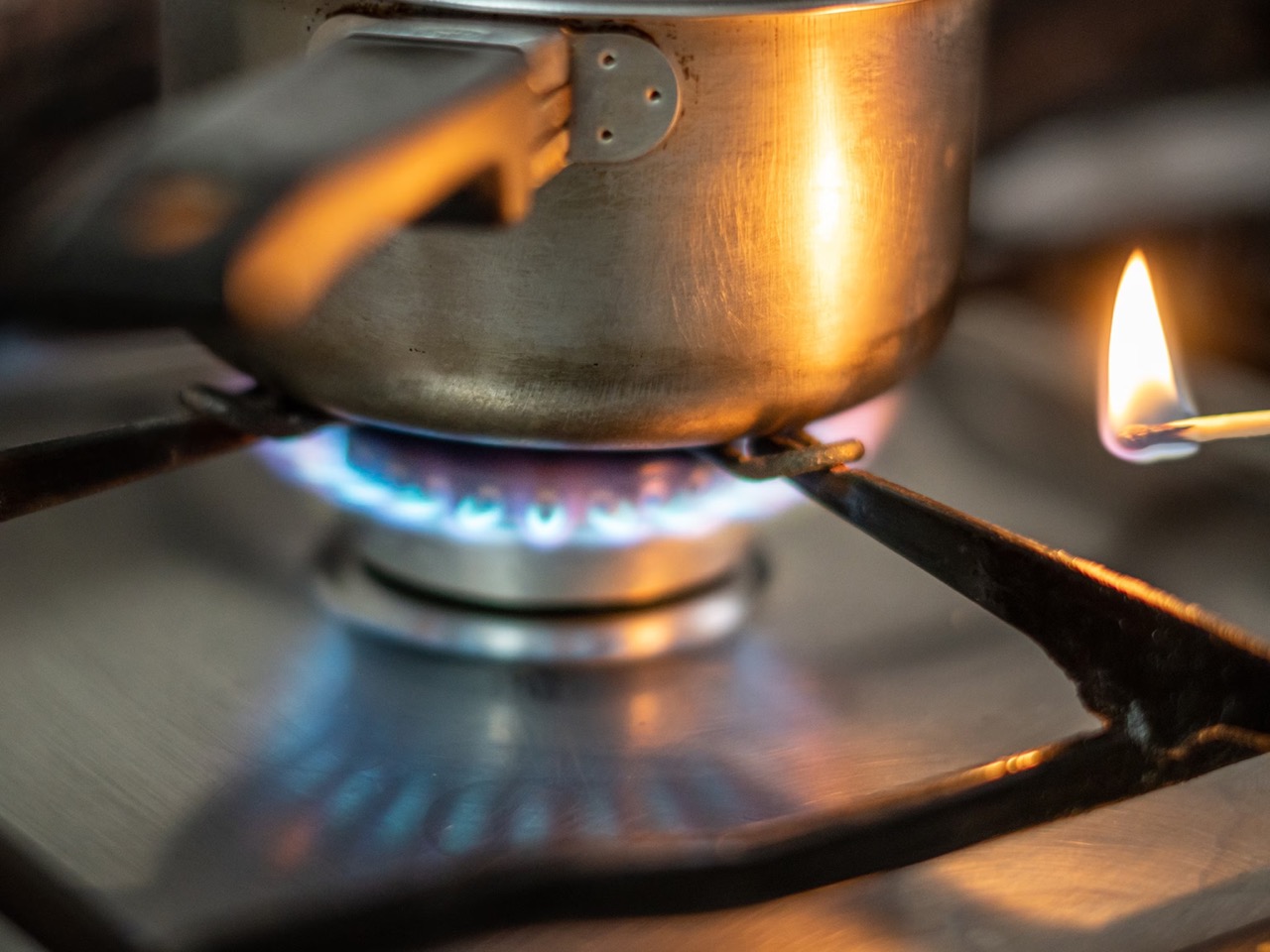

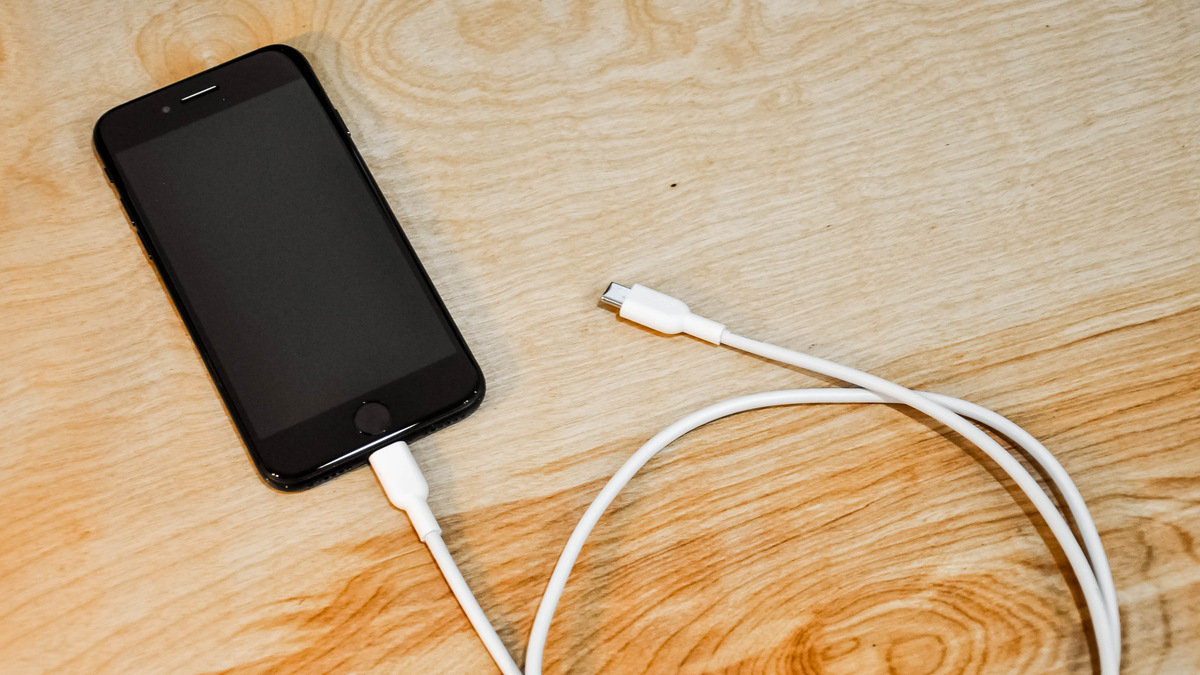
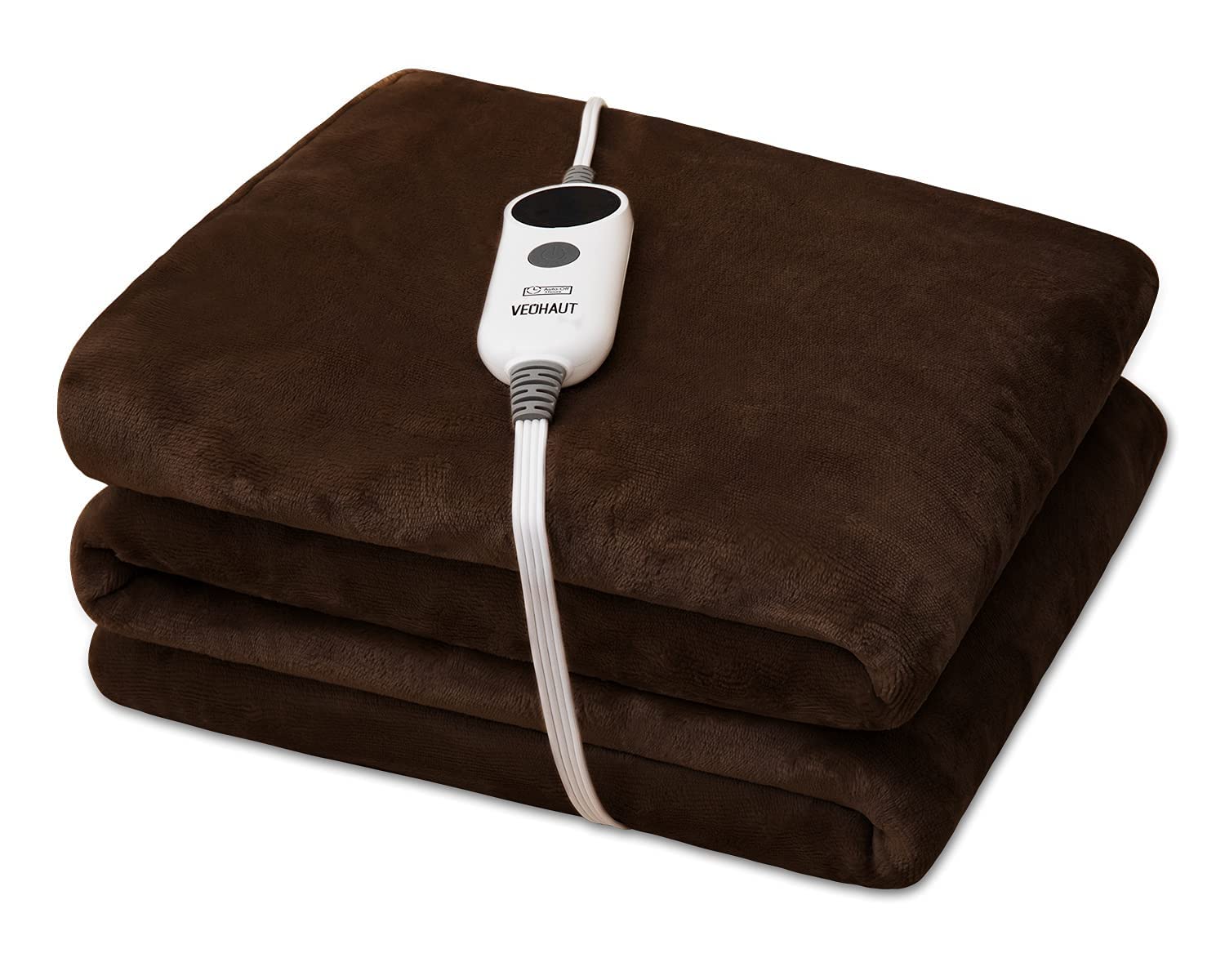
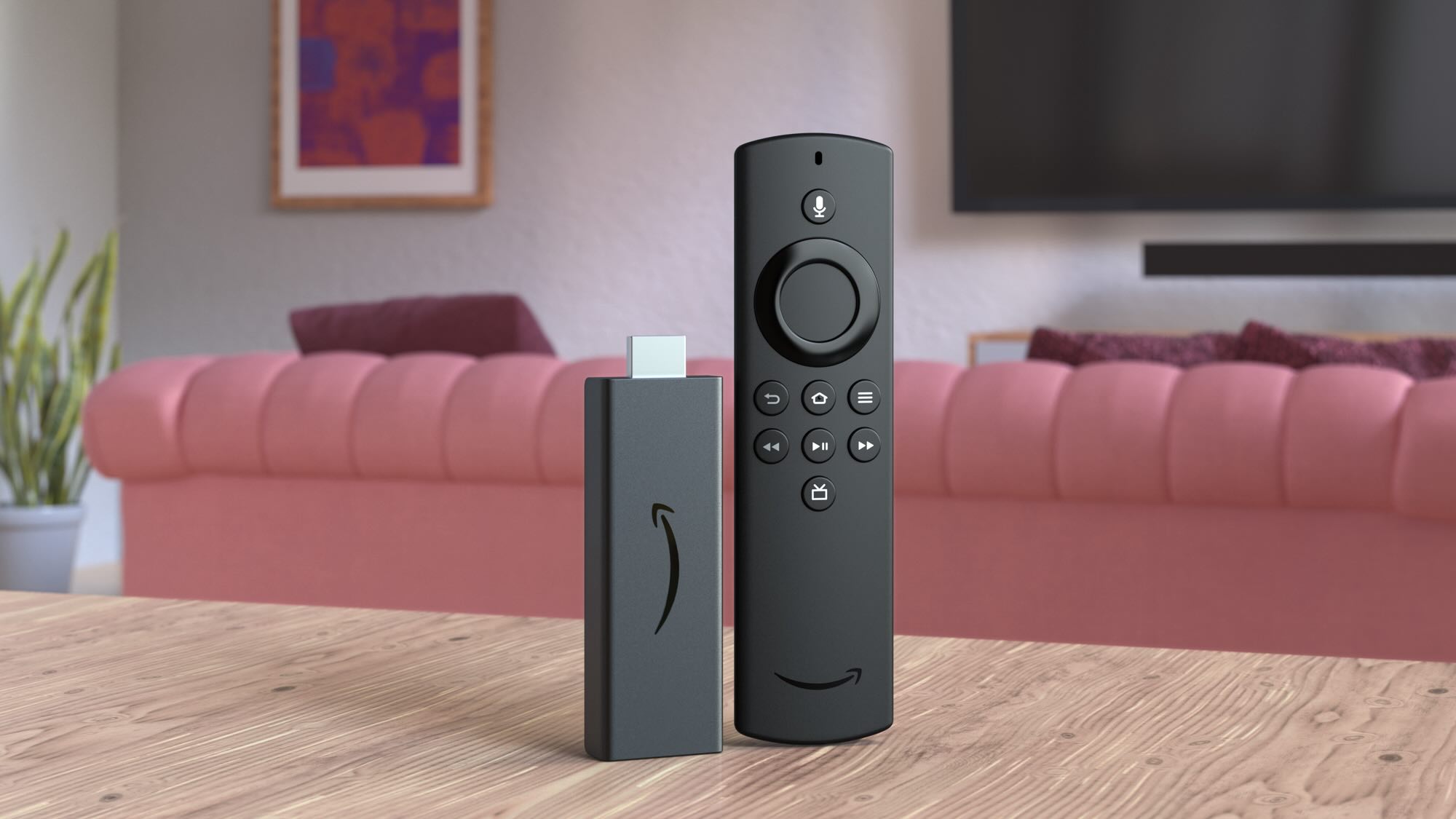


0 thoughts on “Why Is My Stove Top Working But Not My Oven”